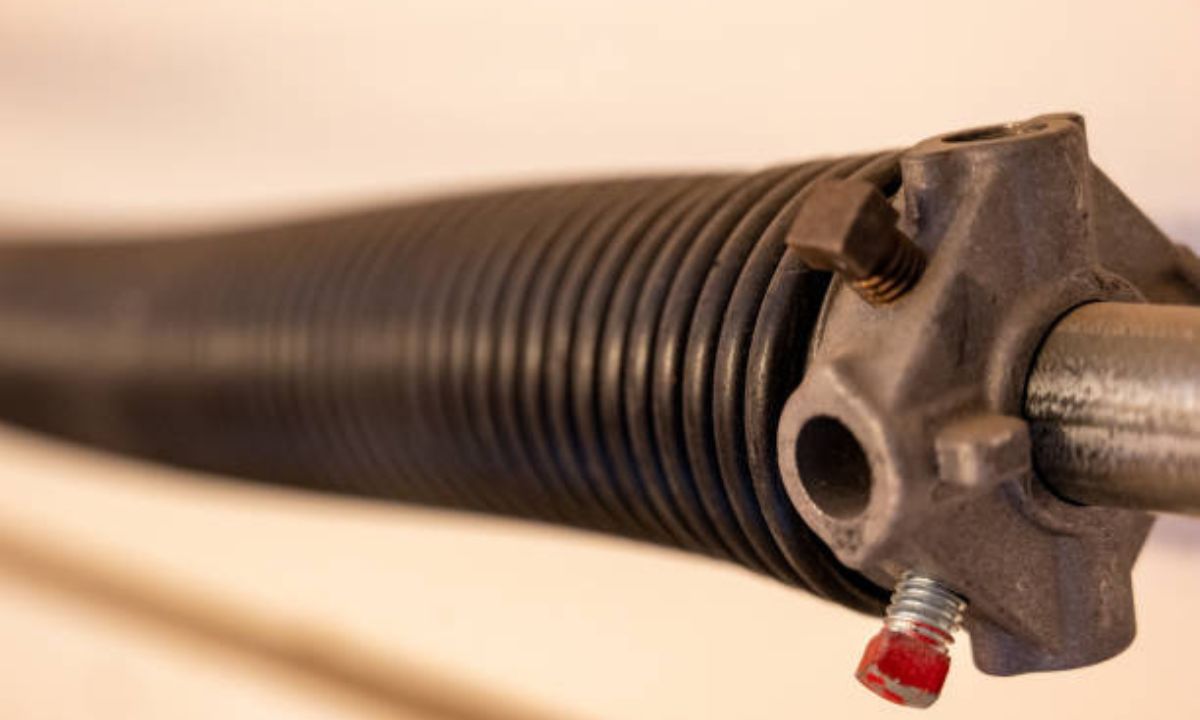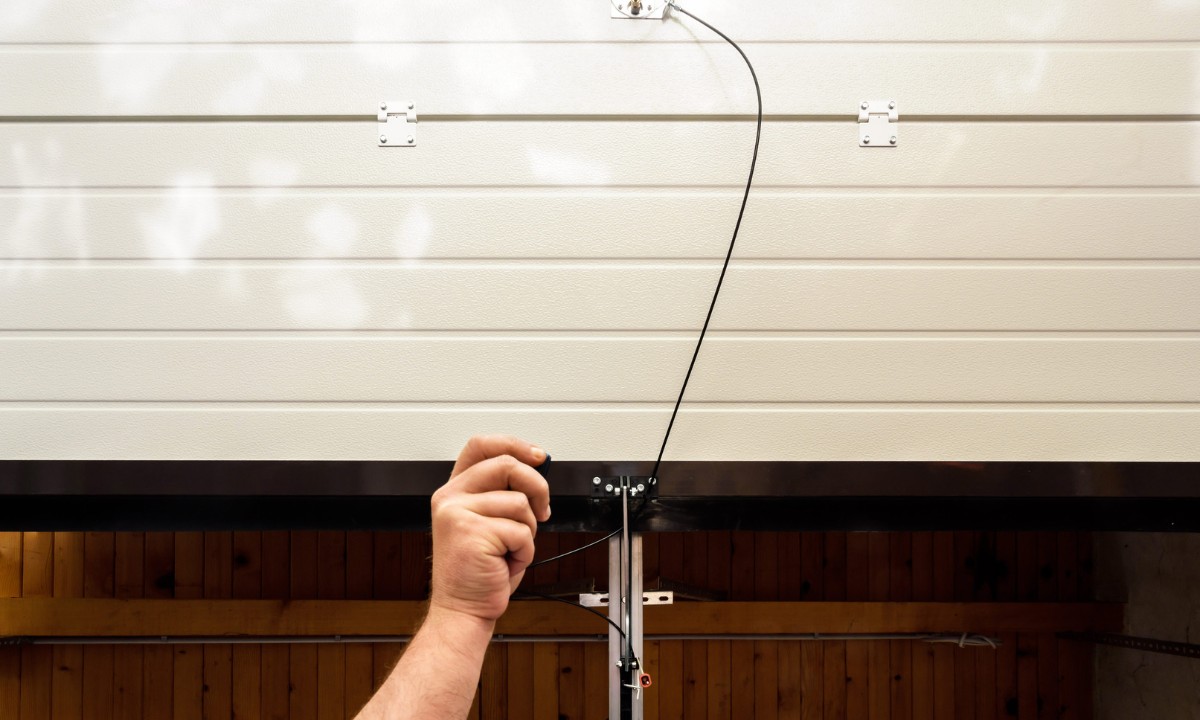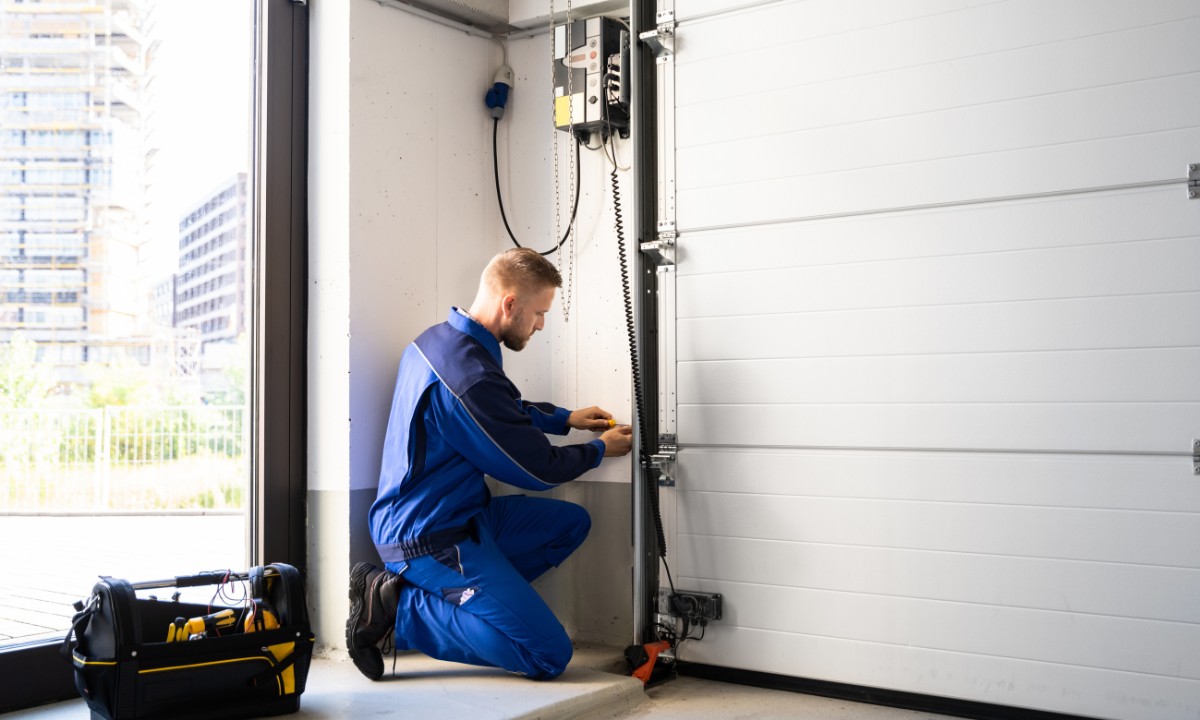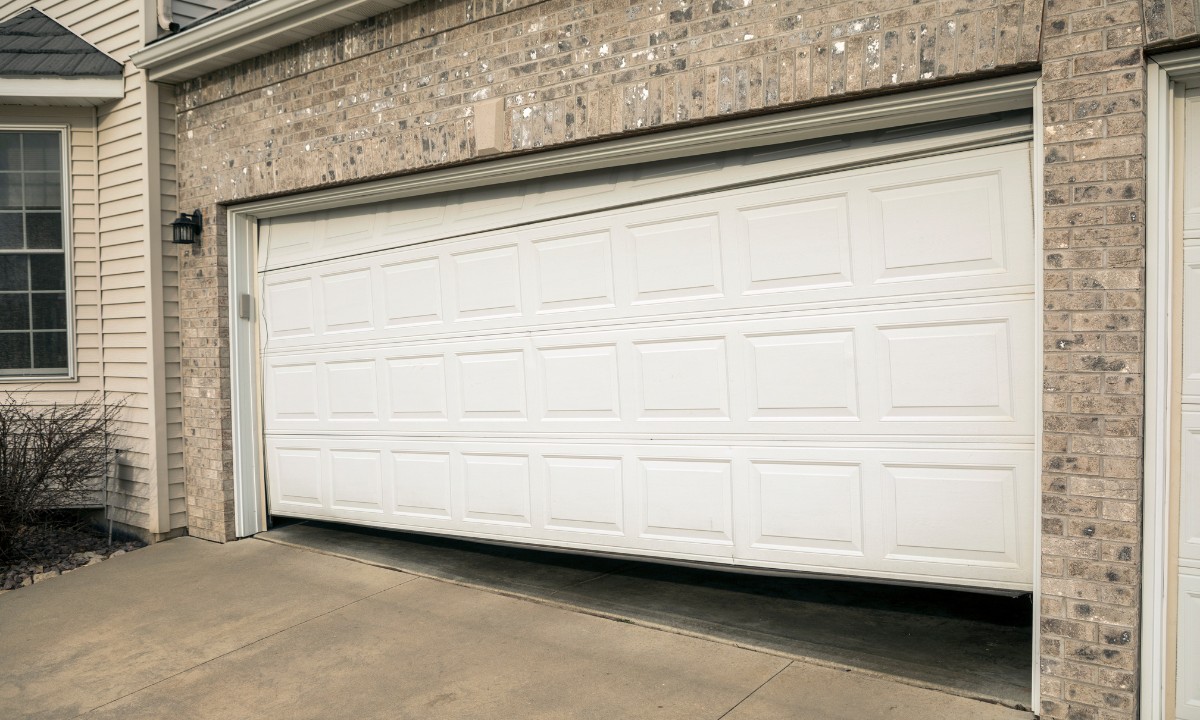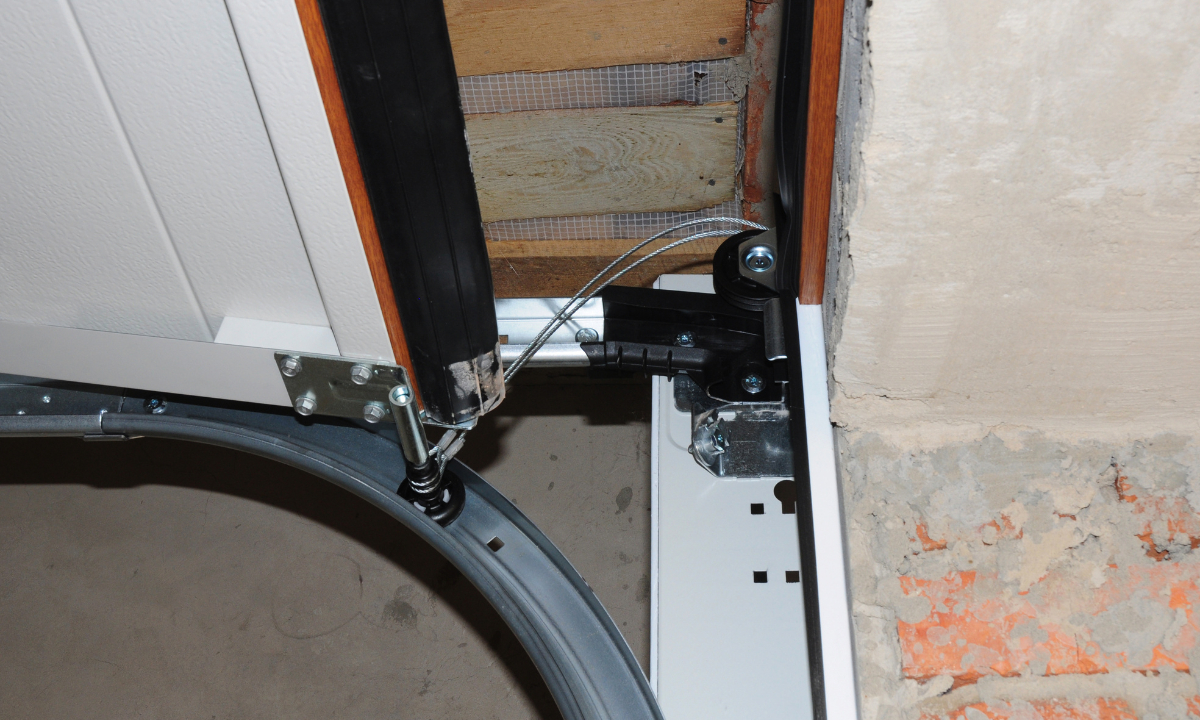Tips to Prevent Garage Door Spring Damage in
Randolph, Minnesota
Introduction
Randolph,
Minnesota is a picturesque tiny town in the state's southeastern region.
Randolph, with a population of approximately 1,500 people, provides a
close-knit community and a gorgeous rural location that many people like. The
town's rich history and mix of historic and modern homes contribute to its
distinct character.
City Demographics and Weather
Randolph
is distinguished by a humid continental climate with cold, snowy winters and
warm, humid summers. Winter temperatures frequently drop considerably below
freezing, resulting in snow and ice. These variables can have an impact on the
performance of outside buildings, such as garage doors.
Randolph's
demographic composition comprises long-standing families as well as younger
inhabitants who value the town's historic and rural beauty. As a result, many
residences in the region are older. These older homes may feature garage doors
that are original or retrofitted with outdated technology, leaving them more
vulnerable to weather-related wear and tear.
Homeowners' Garage Door Needs
Climate Impact
Randolph's
severe temperatures and seasonal fluctuations can cause significant wear on
garage door springs. Cold winters can make metal components brittle, and summer
humidity can cause rust and damage.
Custom or Obsolete Parts
Because
many homes are old, garage doors may contain custom or obsolete parts that are
difficult to replace or repair. This entails locating or creating certain
components that match existing systems.
Tips for Prevention in Randolph, Minnesota
To
assist Randolph homeowners, avoid garage door spring damage and guarantee the
longevity of their systems, consider these practical tips:
Lubrication
Use a
high-quality oil formulated exclusively for garage door springs every six to
twelve months. Lubrication minimizes friction and keeps springs from becoming
stiff or brittle. It's recommended to use a silicone- or lithium-based
lubricant, rather than WD-40 or penetrating oils, which can damage the springs
over time.
Weatherproofing
To
protect the springs from moisture and harsh temperatures, install weather seals
or weather strips around your garage door. This precautionary action reduces
the possibility of rust and corrosion, which can severely affect the life of
the springs.
Door Balance
Check
that your garage door is correctly balanced. An imbalanced door might put
additional strain on the springs, resulting in premature wear. To check the
balance, unhook the opener and manually lift the door. It should stay in place
if you lift it halfway. If not, it may require correction.
Contact
Information: 651-564-9902.
Types of Spring Repair
Garage
door springs are divided into two categories, each with its own set of repair
and maintenance requirements:
Extension
springs are located on either side of the garage door and extend and contract
to help lift it. Extension springs degrade with time and may need to be
replaced if they exhibit symptoms of wear or corrosion.
Maintenance Tips for Preventing Damage
Proper
maintenance is critical for increasing the life of garage door springs and
avoiding damage. Here are some extra tips to consider:
Clean Springs
Use a
cloth to remove dirt and debris from the springs, which can add to corrosion
and wear. Keeping the springs clean improves their functioning and increases
their longevity.
Inspect
the cables and pulleys that are related with the springs. Worn or frayed wires
can put additional strain on the springs, resulting in potential damage.
Test Safety Features
Make
that your garage door's safety features, such as the auto-reverse function, are
working properly. Malfunctioning safety systems might put extra strain on the
springs, reducing their longevity.
Common Issues
Garage
door springs in Randolph's climate can confront a number of regular concerns.
Exposure
to moisture and temperature variations can cause rust and corrosion, weakening
the springs and shortening their lifespan.
Wear and Tear
Over
time, consistent stress and use can cause wear and fatigue in the springs.
Regular maintenance assists in detecting indicators of wear before they become
severe issues.
Imbalance
An
uneven garage door can cause additional stress on the springs, resulting in
faster wear and potential damage. Maintaining optimum balance reduces needless
pressure on the springs.
Causes of Spring Damage.
There
are several causes that contribute to garage door spring damage:
Extreme
temperatures and moisture can damage metal components, resulting in corrosion and
brittleness.
Lack of Maintenance
Insufficient
lubrication and infrequent inspections can cause rapid wear and spring failure.
Heavy usage
Frequent
usage of the garage door can put additional strain on the springs, causing
early deterioration. Moderating consumption and swiftly addressing concerns can
assist to reduce this danger.
Spring Replacements
To
reduce the requirement for regular spring replacements.
Regular
Maintenance: Follow the maintenance suggestions listed above to keep your
springs in good condition and extend their life.
Professional checks
Schedule
regular checks with a professional technician to identify potential problems
early on and save expensive repairs.

